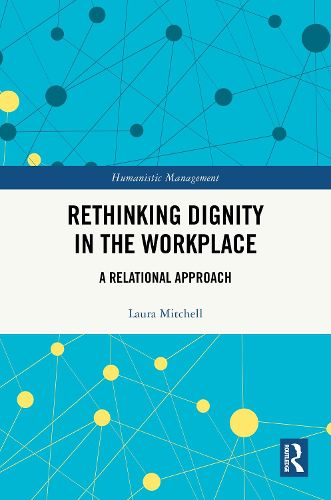Readings Newsletter
Become a Readings Member to make your shopping experience even easier.
Sign in or sign up for free!
You’re not far away from qualifying for FREE standard shipping within Australia
You’ve qualified for FREE standard shipping within Australia
The cart is loading…






Dignity in the context of work organisations has been explored by a range of scholars globally, yet the potential of this interdisciplinary concept is overwhelmed by our commitment to outdated philosophies and the narrow paradigmatic concerns of academic subdisciplines. Bringing together the work of sociologists, philosophers, political theorists, and a wide selection of business and management scholarship, this book highlights areas in which 'workplace' dignity needs a rethink.
Starting with the foundational philosophical assumptions, this book challenges a deontological ethic and a simple atomistic view of persons. A specific thesis of dignity as emergent from social performance is presented which is informed by symbolic interactionism, actor-network theory, and liberal and feminist philosophy.
With organisational examples throughout, this radical rethink has serious implications not only for the study of dignity in the context of contemporary work activity but also respecifies how we think about our obligations to ourselves and others in networks of relations.
$9.00 standard shipping within Australia
FREE standard shipping within Australia for orders over $100.00
Express & International shipping calculated at checkout
Dignity in the context of work organisations has been explored by a range of scholars globally, yet the potential of this interdisciplinary concept is overwhelmed by our commitment to outdated philosophies and the narrow paradigmatic concerns of academic subdisciplines. Bringing together the work of sociologists, philosophers, political theorists, and a wide selection of business and management scholarship, this book highlights areas in which 'workplace' dignity needs a rethink.
Starting with the foundational philosophical assumptions, this book challenges a deontological ethic and a simple atomistic view of persons. A specific thesis of dignity as emergent from social performance is presented which is informed by symbolic interactionism, actor-network theory, and liberal and feminist philosophy.
With organisational examples throughout, this radical rethink has serious implications not only for the study of dignity in the context of contemporary work activity but also respecifies how we think about our obligations to ourselves and others in networks of relations.